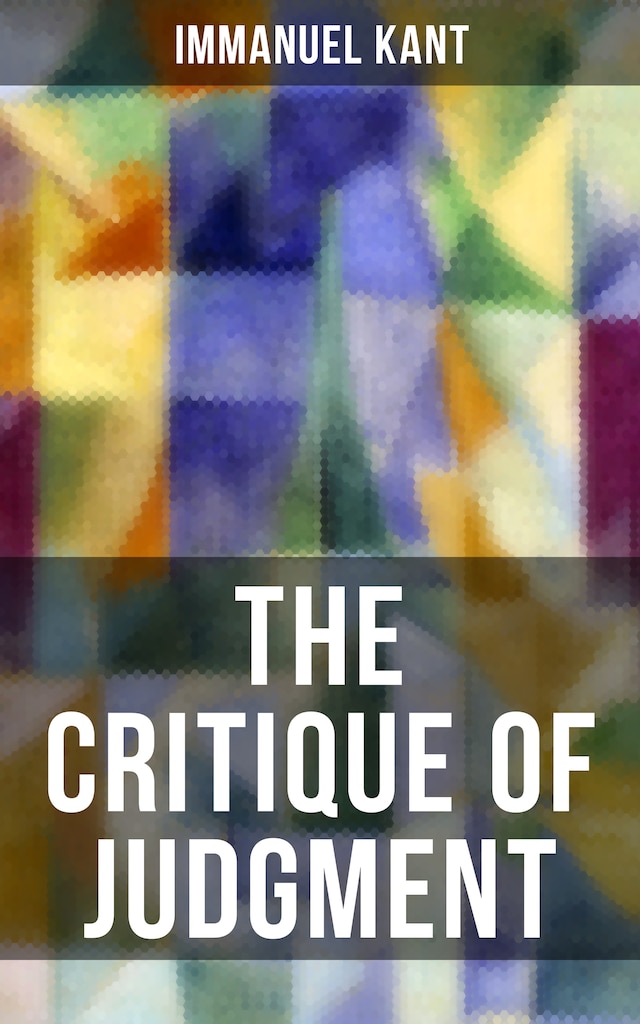
THE CRITIQUE OF JUDGMENT
Critique of the Power of Judgment
Description of book
Immanuel Kant's 'The Critique of Judgment' is a seminal work in the realm of philosophy, exploring the nature of aesthetic and teleological judgments. Kant delves into the realms of art, beauty, and nature, examining how the mind processes ideas of taste and purposiveness. Written in a clear and precise manner, the book combines elements of metaphysics, epistemology, and ethics, making it a profound and comprehensive read for students of philosophy. Kant's analysis of the subjective and universal aspects of judgment offers valuable insights into the human experience of art and the natural world. Immanuel Kant, a prominent figure in the Enlightenment era, was a German philosopher known for his groundbreaking theories on metaphysics, ethics, and epistemology. His background in theology and philosophy influenced his critical approach to understanding the principles of human thought and perception, leading to the creation of 'The Critique of Judgment.' Kant's meticulous reasoning and intellectual rigor are apparent in this work, demonstrating his commitment to exploring the complexities of human cognition. For readers interested in delving into the profound insights of one of the most influential philosophers in history, 'The Critique of Judgment' by Immanuel Kant is a must-read. This book not only sheds light on the nature of aesthetic and teleological judgments but also offers a glimpse into Kant's philosophical legacy, making it a valuable addition to any scholarly collection.
 Immanuel Kant
Immanuel Kant 451 Pages
451 Pages